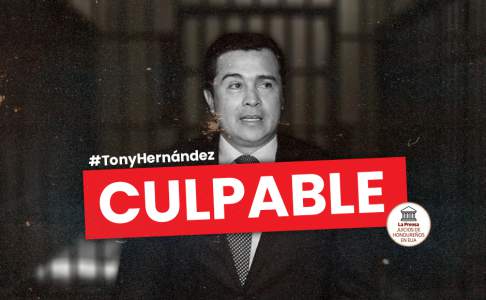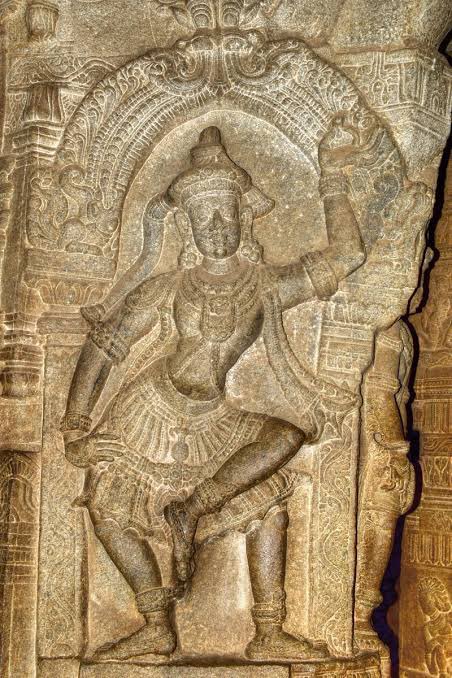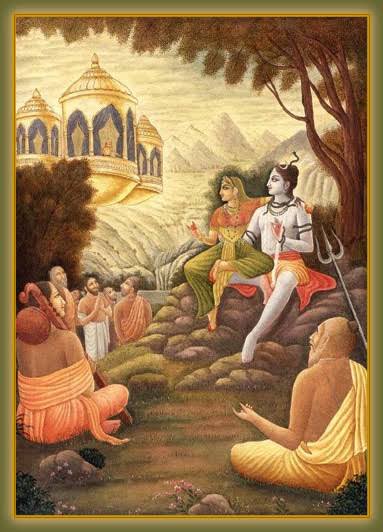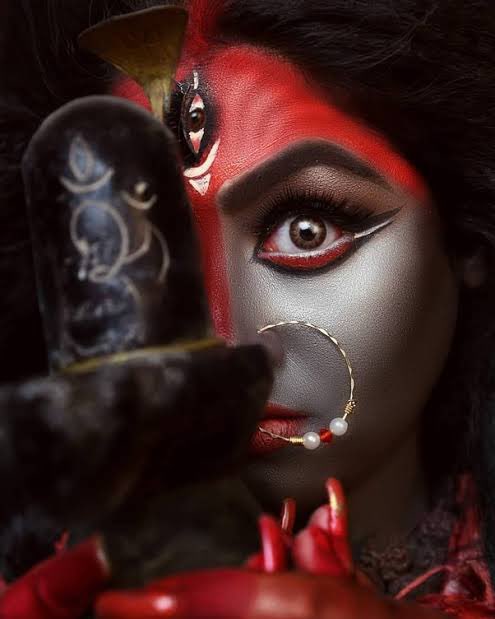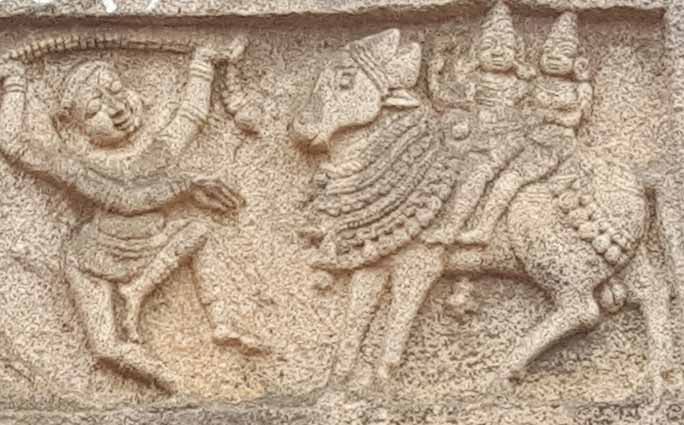FLASH: LAGOS STATE GOVERNMENT THROUGH THE LAGOS SAFETY COMMISSION (@safety_lasg) SEALS 12 FACILITIES, TO COMMENCE LEGAL ACTION FOR FLOUTING COVID19 REGULATIONS
#ForAGreaterLagos
#Covid19Lagos
@jidesanwoolu
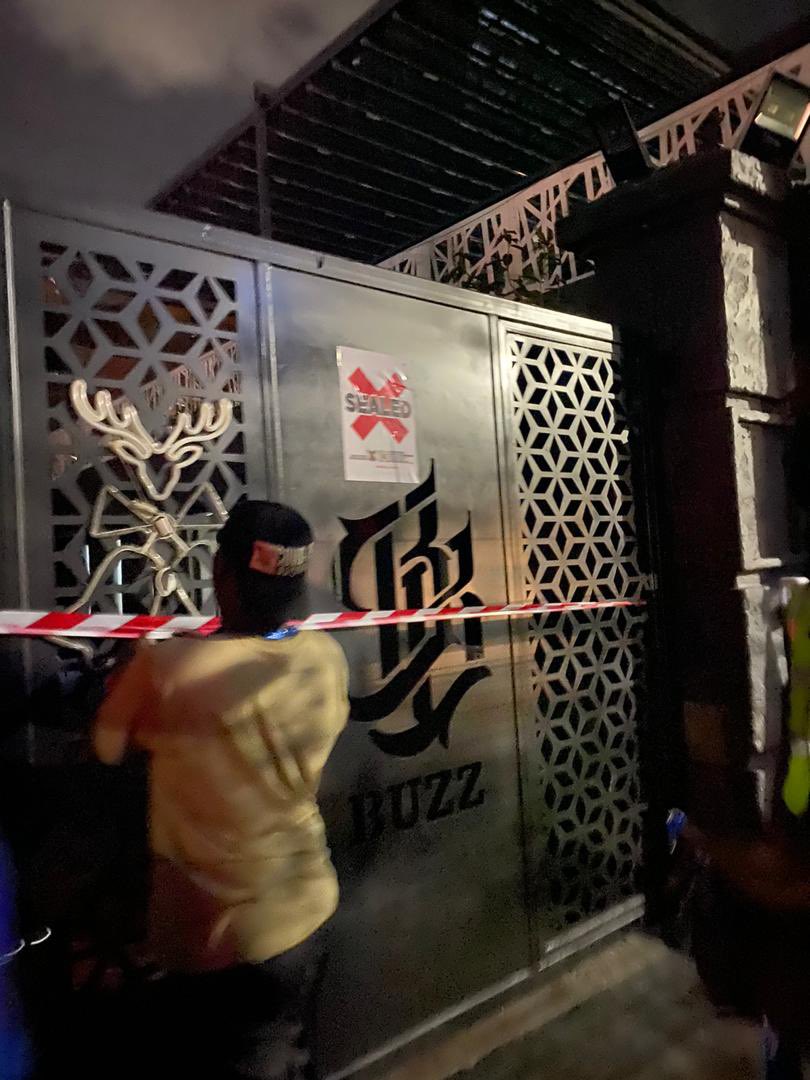
The operations led by the Director General, Lagos State Safety Commission, Mr. Lanre Mojola and his team have sealed over 12 facilities including; DNA Night Club, ...
He however mentioned that recalcitrant establishments who broke the goverment seal and continued partying will be charged to court ...
More from World
https://t.co/1GtPJaxi1H - Ka\xe7\u0131rmay\u0131n bu muhte\u015fem Bo\u011fazi\xe7i hocalar\u0131 ge\xe7idini !
— dilek cinar (@dlkcinar) February 16, 2021
"Let me start by saying that I am a historian, I see dead people. But more seriously, I am constantly torn between the temptation to see patterns developing over time, and the fear of hasty generalizations and anachronistic comparisons. 1/n
"Nevertheless, the present situation forces me to explore the possible historical dimensions of the problem we're facing today. 2/n
"(...)I intend to go further back in time and widen the angle in order to focus on the confusion I believe exists between the notions of 'state', 'government', and 'public institutions' in Turkey. 3/n
"In the summer of 1876, that's a historical quote, as Midhat Pasa was trying to draft a constitution, Edhem Pasa wrote to Saffet Pasa, and I quote in Turkish, 'Bize Konstitusyon degil enstitusyon lazim' ('It is not a constitution we need but institutions'). 4/n
Can\u2019t overstate how politically dangerous this is. As readers told me: a deeply unpopular regime pushing for deeply unpopular infrastructure projects. Not sure this is what Beijing wants either. https://t.co/TnlrgjPyxZ
— Thompson Chau (@tchau01) February 15, 2021
consistently misunderstood & underestimated popular opposition to Myitsone. First and foremost, to the Burmese people, this is about the “mother river” of Burma - the Irrawaddy- and it’s nearly sacred importance to them as a lifeline of their country. This is what drove the
organic anti-dam movement that started locally in Kachin but +/- 2007 was effectively picked up & nationalized by Burmese environmental CSOs. Instead of understanding this, the Chinese lashed out and blamed the United States when Thein Sein suspended the project. I assure you
the USG was as surprised as China when the project was suspended. But China never believed it was truly the desire of the Burmese people that stopped the project. Today, the dam doesn’t make sense economically for Beijing & will definitely alienate Burmese, yet they stubbornly
continue to push it. Why? Let’s unpack a bit further. In addition to Myitsone, there were other campaigns & protests targeting Chinese projects such as Letpadaung copper mine & Kyaukphyu pipeline, port & SEZ. While these campaigns had varying levels off effect, none was as
You May Also Like
Like company moats, your personal moat should be a competitive advantage that is not only durable—it should also compound over time.
Characteristics of a personal moat below:
I'm increasingly interested in the idea of "personal moats" in the context of careers.
— Erik Torenberg (@eriktorenberg) November 22, 2018
Moats should be:
- Hard to learn and hard to do (but perhaps easier for you)
- Skills that are rare and valuable
- Legible
- Compounding over time
- Unique to your own talents & interests https://t.co/bB3k1YcH5b
2/ Like a company moat, you want to build career capital while you sleep.
As Andrew Chen noted:
People talk about \u201cpassive income\u201d a lot but not about \u201cpassive social capital\u201d or \u201cpassive networking\u201d or \u201cpassive knowledge gaining\u201d but that\u2019s what you can architect if you have a thing and it grows over time without intensive constant effort to sustain it
— Andrew Chen (@andrewchen) November 22, 2018
3/ You don’t want to build a competitive advantage that is fleeting or that will get commoditized
Things that might get commoditized over time (some longer than
Things that look like moats but likely aren\u2019t or may fade:
— Erik Torenberg (@eriktorenberg) November 22, 2018
- Proprietary networks
- Being something other than one of the best at any tournament style-game
- Many "awards"
- Twitter followers or general reach without "respect"
- Anything that depends on information asymmetry https://t.co/abjxesVIh9
4/ Before the arrival of recorded music, what used to be scarce was the actual music itself — required an in-person artist.
After recorded music, the music itself became abundant and what became scarce was curation, distribution, and self space.
5/ Similarly, in careers, what used to be (more) scarce were things like ideas, money, and exclusive relationships.
In the internet economy, what has become scarce are things like specific knowledge, rare & valuable skills, and great reputations.



